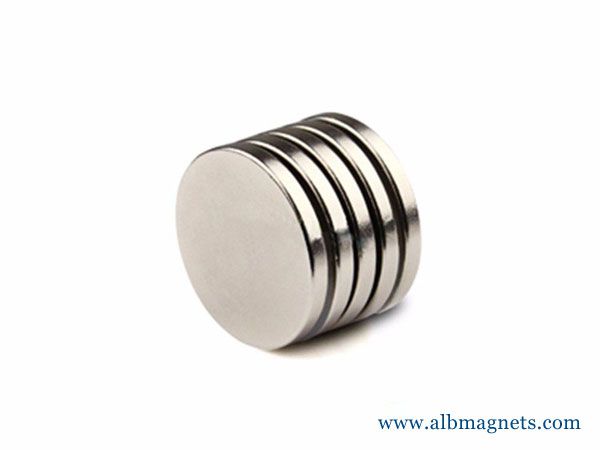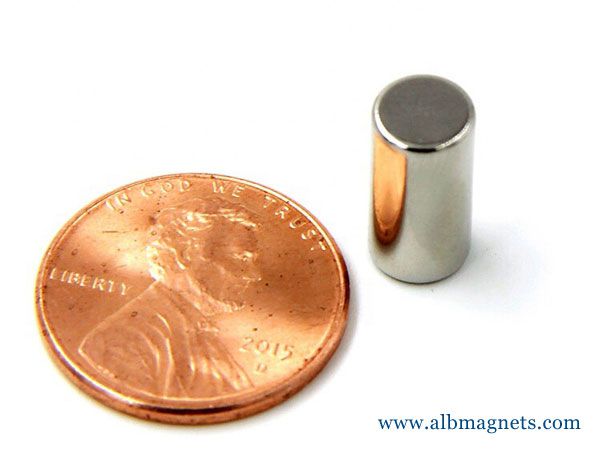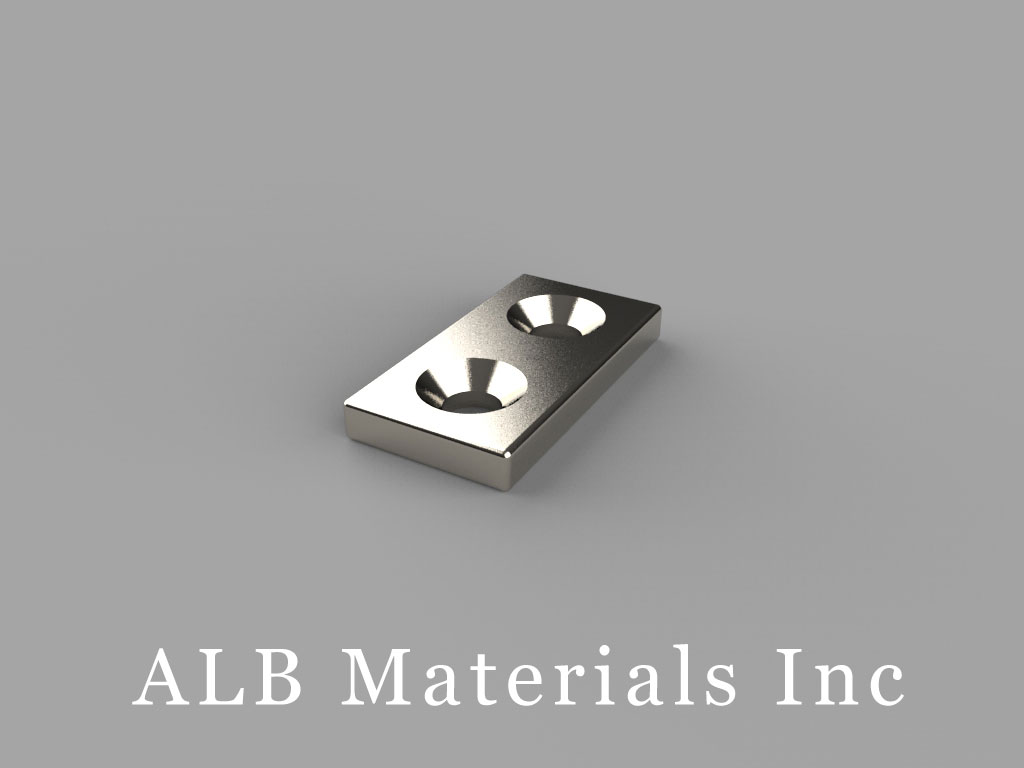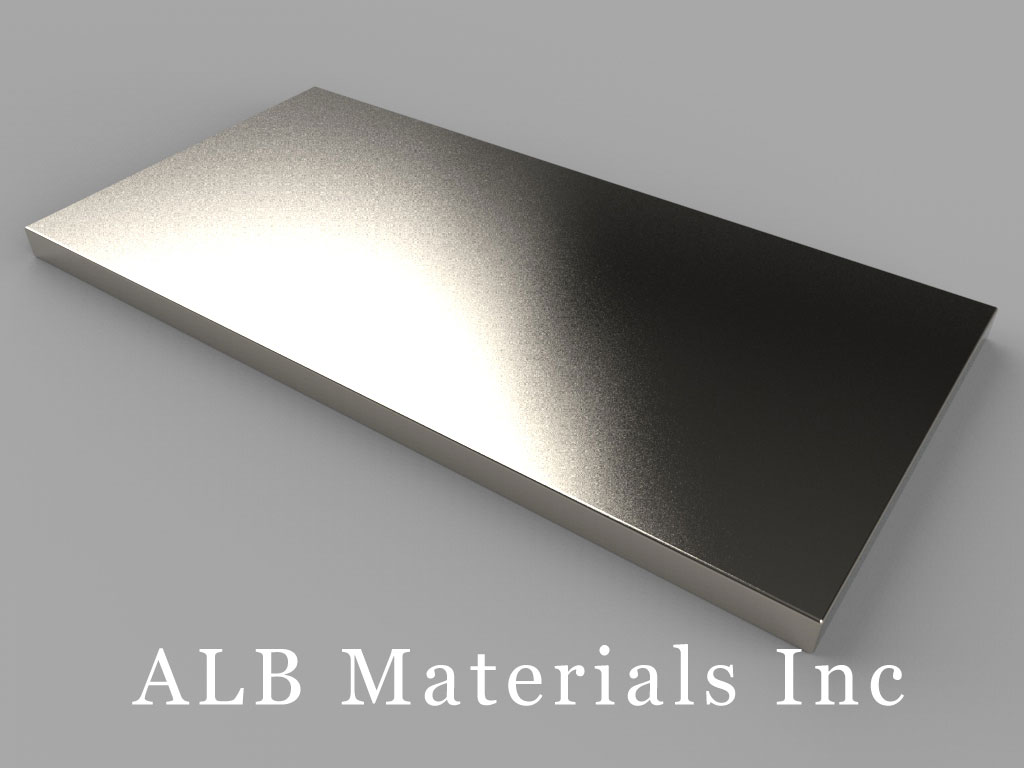401 Ryland St. Ste 200-A,
Reno, NV 89502
United States
E-mail: sales@albmaterials.com
- D-D15H2-N42 Neodymium Magnet, 15x2mm Disc Magnet
- B868 Neodymium Magnets, 1/2 inch x 3/8 inch x 1/2 inch thick
- B-W25H25.4L100-N50 Neodymium Magnet, 100x25x25.4mm Block Magnet
- D50x12mm Neodymium Magnet, 50 x 12mm Disc Magnet
- B50x10x10mm Neodymium Magnet, 50 x 10 x 10mm Block Magnet
- C-D2.5H2.5-N50 Neodymium Magnet, 2.5x2.5mm Cylinder Magnet
- C-D3H3-N50 Neodymium Magnet, 3x3mm Cylinder Magnet
- D3x5mm Neodymium Magnet, 3 x 5mm Cylinder Magnet
- MMS-E-X4 Standard Mounting Magnets
- B10x2.8x1.9mm Neodymium Magnet, 10 x 2.8 x 1.9mm Block Magnet
- B25x10x2mm Neodymium Magnet, 25 x 10 x 2mm Block Magnet
- D3x10mm Neodymium Magnet, 3 x 10mm Cylinder Magnet
- C-D2H4-N50 Neodymium Magnet, 2x4mm Cylinder Magnet
- D54 Neodymium Magnets, 5/16 inch dia. x 1/4 inch thick
- B888BR-N52 Rubber Coated Neodymium Magnets
- D15x1mm Neodymium Magnet, 15 x 1mm Disc Magnet
Can Magnets Get Wet
can magnets get wet
Do Magnets Work Under Water? Magnets work great underwater.
It's not all that surprising that magnets work underwater. Light and electricity don't seem to have much trouble passing through water. It doesn't seem like it would be magnetic but it turns out water, and all matter can exhibit magnetic properties if you put them in a big enough magnetic field.
You can even get special magnets, called retrieving magnets, to pick up objects containing iron that have fallen into lakes or wells.
This can be a lifesaver if your keys fall into a tank of sharks or alligators.
It's also pretty easy to test if magnets work underwater just hold two magnets underwater and see if they attract.
If you have magnets made of iron you'll want to dry them off otherwise they'll rust.
But you will see that they attract just like on dry land.
Now testing magnets in space requires a bit more equipment.
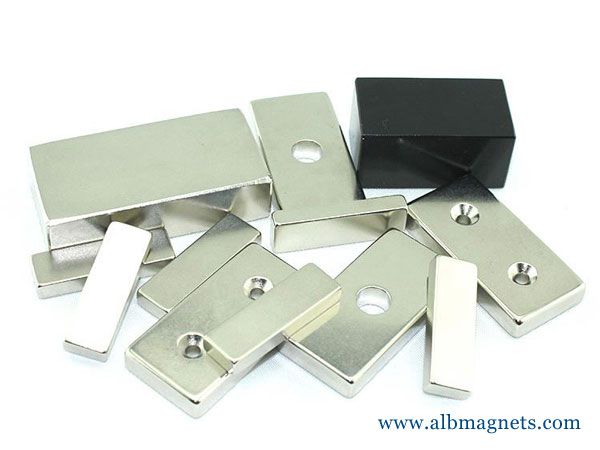
It's not all that surprising that magnets work underwater.
Light and electricity don't seem to have much trouble passing through water.
It doesn't seem like it would be magnetic but it turns out water, and all matter can exhibit magnetic properties if you put them in a big enough magnetic field.
Water is slightly repelled by a very strong magnet.
If you have a neodymium magnet you can test this out yourself.
Now, what would happen if you froze a magnet in the water?
4 Factors Causing Your Magnets to Get Weaker
Get the most value from your investment by avoiding potential magnet-weakening forces.
Here's how!
Whether you are buying magnets for home, office, hobby, or industrial use, you surely want to protect your new purchase to ensure they last as long as possible and stay as strong as the day you bought them.
Each type, material, shape, and size of the magnet will have a different durability level, but optimal care will prolong the life of all modern permanent magnets.
These are the 4 most common reasons magnets start to lose their charges.
1. They Get Old
While the passage of time does weaken the strength of a magnet, the changes are very slow.
So much so that even over the whole of the time you possess any magnet, the release of charge is not likely to be very noticeable.
All other factors will have a greater total effect on the magnet, and assuming you properly store and care for your magnets, they will last a very long time.
2. They Get Very Cold (Or Hot)
Temperature variation can cause magnets to lose some or all of their magnetic charge.
Depending on how extreme the temperature, these losses can be temporary or permanent.
Magnets exposed to temperatures, not outside their reversible operating temperatures may temporarily lose strength while heated but will regain this force once brought back to the optimal temperature.
This data is different for every type and material, and should always be available when purchasing your magnet.
The more permanent damage that is only reversible by re-magnetization will occur when the magnet is exposed to temperatures above this point.
While a magnet will regain most or all of the losses caused by heating to below its maximum use temperature, heating above this point causes permanent loss of magnetic charge that cannot be reversed.
3. Reluctance Changes
When the operating slope of a magnet is modified, the variance can cause a shift in the magnetic charge.
This can be brought on by displacement from a circuit, such as taking out an operating magnet or placing on in a circuit, or by changing the magnet properties while it is in use.
The level of magnetic charge that is reduced by this depends upon how extreme the alterations are and the type and properties of the magnet.
4. External Charges
Magnets that are not protected from outside magnetic fields may fall prey to loss of magnetic charge.
Certain magnets are more susceptible to this effect, such as Alnico.
External magnetic fields that may lead to demagnetization are encountered in multiple ways, environmentally and through improper storage.
Environmental factors can include items like electromagnets and coils nearby.
Storage of magnets near each other, particularly with opposing forces too close, can also cause loss of magnetic charge.
Magnets are typically resistant to traumas causing shock or vibration, and will not lose magnetic strength when exposed to them.
The exception to this is traumas that cause damage to the structure of the magnet.
Cracks, chipping, breaking, and erosion all equal a decrease in the mass of the magnetized material, and reduction in force.
Proper handling and storage are therefore critical to the long life of your magnets.
Occasionally -most often in industrial usage- radiation becomes a concern in the preservation of magnetic charge.
If the use you envision for your magnets includes exposure to moderate or high levels of radiation, this should be discussed as an early consideration.
Part of the content in this article is reproduced from other media for the purpose of transmitting more information and does not mean that this website agrees with its views or confirms the authenticity of its content. It shall not bear direct responsibility and joint liability for the infringement of such works.
If there is any infringement, bad information, error correction, and other issues in the content of this page, please contact us at info@albmaterials.com
Link to this article: https://www.albmagnets.com/blog/can-magnets-get-wet.html
How to choose and buy a strong neodymium magnet? ALBMagnets is a professional company for strong magnet design and manufacturing,
providing you with reliable N35, N38, N42, N52, N42SH and other grade super neodymium magnets and SmCo rare earth magnets.




